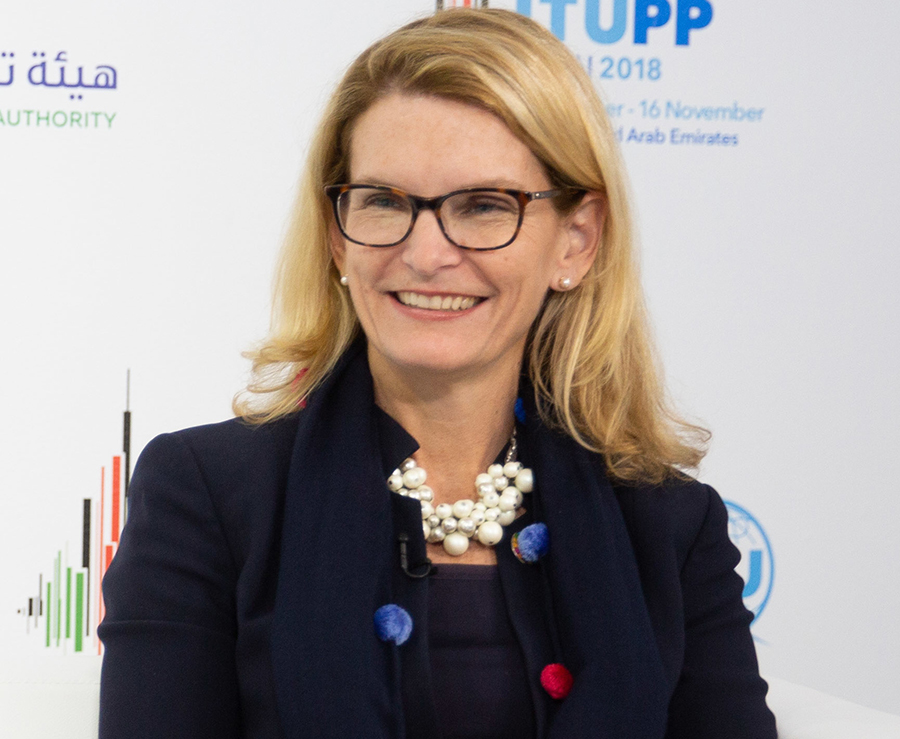The International Telecommunications Union (ITU) the United Nations agency in charge of tech, has said that the number of people connected to the Internet globally increased to 5.4 billion this year from 5.3 billion recorded in 2022.
According to the agency, growth in Internet connectivity remains the strongest in low-income countries where data indicate that Internet users increased by about 17% over the past year.
However, less than one-third of individuals are connected to the Internet in these countries.
In Nigeria, internet connections stood at 159.5 million as of July this year according to data from the Nigerian Communications Commission.
This represents approximately 3% of the global connections.
Commenting on the latest global internet data, ITU Secretary-General Doreen Bogdan-Martin, said:
- “This improvement in connectivity is another step in the right direction and one more step towards leaving no one behind in support of the UN Sustainable Development Goals. We won’t rest until we live in a world where meaningful connectivity is a lived reality for everyone, everywhere.”
She, however, noted that the acceleration of internet access is needed to bring digital benefits to all.
Internet slowdown after COVID
Also speaking, the Director of ITU’s Telecommunication Development Bureau, Cosmas Luckyson Zavazava, said the latest global estimates confirm that the double-digit growth in Internet connectivity observed at the 2020 peak of the COVID-19 pandemic was short-lived.
According to him, the current trends are not strong enough to guarantee that the objective of universal and meaningful connectivity will be met by 2030.
- “We must not forget that behind this data are people who are not able to access the Internet and enjoy the life-changing benefits that it can bring in the era of digital transformation.
- “These numbers highlight the importance of measuring and tracking data so that we know where to focus our efforts to meaningfully connect everyone to the Internet by 2030. With these developments, we must also focus on building digital skills for all to equip users with the necessary skills that may help unlock value and have a rewarding safe experience online,“ he said.
Zavazava added that achieving universal and meaningful connectivity by 2030 – the possibility for everyone to enjoy a safe, satisfying, enriching and productive online experience at an affordable cost – requires a comprehensive approach that addresses infrastructure as well as other factors such as affordability and skills.
While noting that the Internet is an essential tool for accessing information, employment opportunities, and education, he said that people without meaningful access may be left behind.
This, he said, becomes more important as technologies such as artificial intelligence become more prevalent in our day-to-day lives.
The new estimates on global connectivity come as ITU and UNDP prepare to convene SDG Digital at UN Headquarters in New York on 17 September to take stock of how digital technologies can support the Sustainable Development Goals and explore the opportunities offered by digital technologies to accelerate them.





















